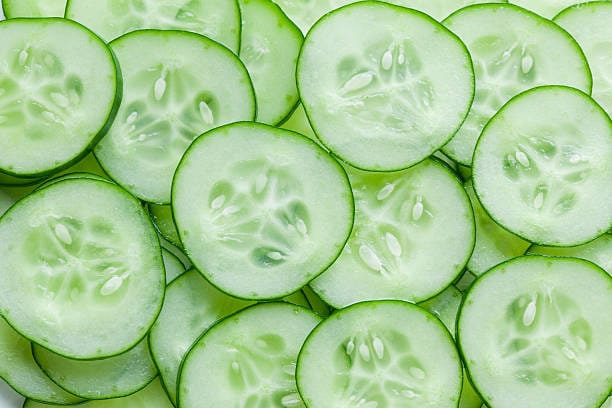Where Do You Keep Your Ketchup and Mustard? The Cold Truth Behind a Mild Controversy
It’s a debate that has quietly divided households, sparked playful debates at cookouts, and even influenced how we judge our friends’ fridge habits: Should ketchup and mustard be refrigerated or kept in the pantry?
At first glance, it might seem like a condiment question with an obvious answer—but ask a group of friends or family, and you’re likely to discover some strong opinions on both sides.
For some, the fridge is the clear and only place for ketchup. They’ll point to the label (“Refrigerate after opening”) as gospel and argue that cold ketchup tastes better and stays fresher longer. For others, especially those who grew up seeing ketchup on diner tables or restaurant counters, the pantry wins—no waiting for cold ketchup to warm up and no soggy fries.
Mustard, too, has its loyalists. Some insist yellow mustard is fine at room temperature, especially with its vinegar base. Others won’t touch it unless it’s been chilling next to the pickles.
Food safety experts generally agree that both ketchup and mustard can safely sit out for a little while, thanks to their acidity. But for longer freshness and flavor, refrigeration is usually recommended. Still, that hasn’t stopped families from forming condiment customs that go way back—often passed down without question.
So now, we want to know where you stand in this great ketchup-and-mustard mystery.
Do you refrigerate your ketchup and mustard, or are you team pantry all the way? Cast your vote below and see how your fellow food lovers weigh in!
Bonus points if this has ever caused a debate in your household. Let us know in the comments—no judgment, just flavor.



